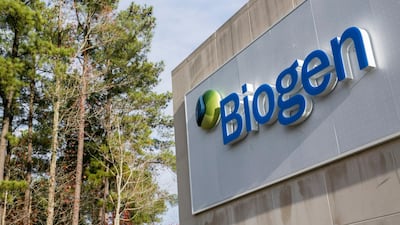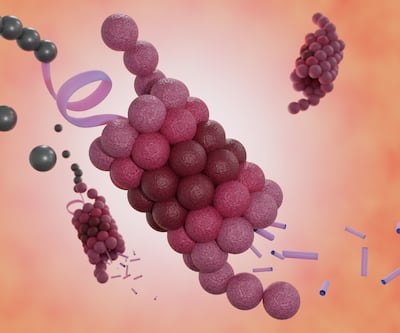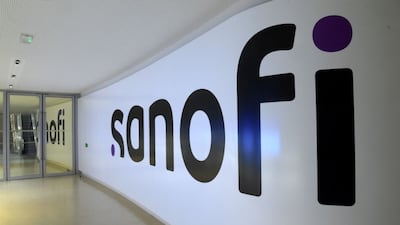
Deals

As it posts third-quarter numbers that again reveal the decline of revenues from its multiple sclerosis portfolio, the US biotech major is entering into the hot area of targeted protein degradation to boost its immunology and neurology pipeline.

Troubled GlycoMimetics will merge with Crescent, bringing its PD-1- and VEGF-targeting bispecific CR-001 and gaining a public listing. Crescent also will raise $200m to help position itself against PD-1xVEGF leaders Akeso/Summit and BioNTech.

Aliada’s ALIA-1758 addresses the same target as Lilly’s Kisunla, but is paired with a blood-brain barrier transport technology that may offer high affinity and potential for lower dosing.

Unlike previous deals in this space which were mostly to do with discovering new compounds, the big pharma is paying $150m upfront to license a specific product.

Lyell believes ImmPACT’s dual CD19/20-targeted CAR-T could offer better response rates than Yescarta or Breyanzi and will focus on IMPT-314 while terminating much of its own pipeline.

Plus deal news involving LianBio/NImmune, REGiMMUNE/Kiji, Chengdu Baiyu/Novartis, Orasis/Optus, Takeda/Wave Life Sciences, Ono/LigaChem, Alchem/Sonnet, Astellas/AviadoBio, Innovent/Ask Pharm and Dr Reddy’s/Gilead.

Despite a successful Phase III study of ALXN-1840 for the inherited disorder that prevents the liver from filtering copper out of the body, the UK major's rare disease division Alexion pulled the plug on the program last summer. However, Illinois-based biotech Monopar is confident in its potential.

The new company, Rhine Pharma, hopes to avoid the isotope production issues that have dogged other radiopharmaceutical developers.

The deal, potentially worth more than $1.3bn, includes Modifi’s MGMT-targeting technology, which it hopes can provide a biomarker-based approach for glioblastoma multiforme.

Ocuphire will shift toward gene therapy for inherited retinal degeneration via a merger that will take Opus Genetics public. The firm will also be responsible for one of Ocuphire’s pipeline projects.

UCB is evaluating next steps for bepranemab, for which it will soon present Phase IIa data at CTAD, after Genentech terminated a four-year partnership to develop the tau-targeting antibody.

Lilly unit explores external innovation with insitro and Qinotto, plus deals involving Novartis/3BP, Eterna/Factor, Molecure/Ocean, Bayer/MOMA, Virios/Wex and more.

Sanofi’s EVP (general medicines), Olivier Charmeil, talks about pharma’s evolving go-to-market strategies that enmesh a more personalized, data-driven approach, why the medical, legal, and regulatory (MLR) review process needs to be faster and also impressive learnings from Amazon, Netflix and Ikea around building customer experience.

Deal Snapshot: Pfizer is hoping Triana’s approach to molecular glue degradation can yield novel approaches to difficult targets in multiple therapeutic areas, including cancers.

Sanofi and Orano Med have kicked off a joint venture worth $1.9bn to develop alpha-emitting cancer therapies, underscoring the importance of this space to big pharma.

CEO Nicolas Poirier talked to Scrip about the development plans for two late-stage assets: a therapeutic cancer vaccine and an IL-7 antagonist for ulcerative colitis.

Impressed by the data to date on bexicaserin for epileptic encephalopathies syndromes, the Danish drugmaker hopes the drug, through the acquisition of Longboard, will become a cornerstone of its new neuro-rare disease franchise.

The French major and partner Denali's attempts to validate RIPK1 as a promising target have once again foundered as oditrasertib comes up short in a multiple sclerosis trial months after a failure in amyotrophic lateral sclerosis.

The biopharma industry posted 22 mergers and acquisitions during the third quarter, according to Evaluate, for a total of $8.2bn. Those tallies marked a second consecutive quarter of decline.

Deal Snapshot: Boehringer Ingelheim will work to develop a cyclin inhibitor that can stop cancer cell growth, using Circle’s macrocycle platform.